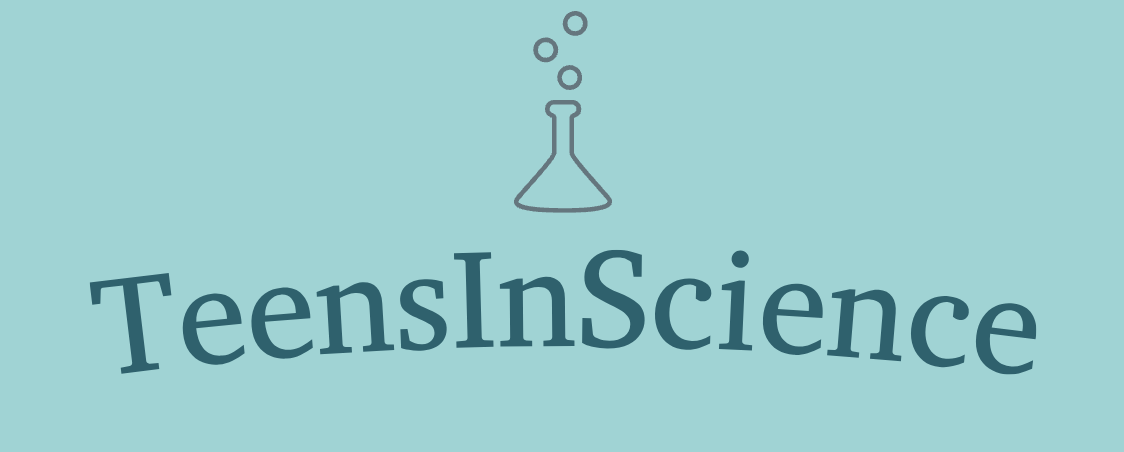The Science of Aging
This article will talk about the science of aging, how it works, what it means, and how it affects our body.
Date Published: 5/11/25
Introduction
Aging is a complex biological process characterized by the gradual decline in physical functions and increased susceptibility to diseases. Understanding the science of aging involves looking at the mechanisms that contribute to this process and examining the interventions that could improve longevity and quality of life.
Theories of Aging
Several theories attempt to explain why aging occurs:
Genetic Theories: These propose that aging is programmed into our genes. The "biological clock" theory suggests that specific genes regulate the lifespan of cells and organisms. According to this theory, genetic factors influence aging by controlling cell repair and maintenance processes.
Damage Theories: These theories focus on accumulating cellular damage over time. The "free radical theory" says that oxidative stress from unstable molecules damages DNA, proteins, and lipids. This damage accumulates and impairs cellular function, contributing to aging and age-related diseases.
Hormonal Theories: These theories examine how hormonal changes influence aging. The "endocrine theory" believes that aging results from hormonal imbalances and changes in hormone levels. For instance, decreases in hormones like growth hormone and sex hormones are associated with age-related changes in muscle mass and bone density.
Cellular and Molecular Mechanisms
Aging at the cellular and molecular level involves multiple processes:
Cellular Senescence: As cells age, they may enter senescence, where they no longer divide but remain metabolically active. Senescent cells can release inflammatory cytokines that contribute to chronic inflammation and tissue dysfunction. This process is linked to many age-related diseases.
Telomere Shortening: Telomeres are protective caps at the ends of chromosomes that shorten each time a cell divides. When telomeres become too short, cells can no longer divide properly and die. Telomere shortening is associated with aging and has also been linked to age-related diseases.
Mitochondrial Dysfunction: Mitochondria are the powerhouses of the cell, producing energy in the body. With age, mitochondrial function declines, leading to decreased energy production and increased production of something called reactive oxygen species (ROS), which contribute to cellular damage and aging.
Research and Interventions
Current research in aging aims to identify interventions that can slow down the aging process or improve health in older adults:
Anti-Aging Therapies: Researchers are exploring therapies to counteract the effects of aging. Caloric restriction, which involves reducing calorie intake without malnutrition, has been shown to extend lifespan in several organisms and may delay the onset of age-related diseases.
Regenerative Medicine: Stem cell therapy and tissue engineering are areas of active research aimed at repairing or replacing damaged tissues and organs. These approaches hold promise for treating age-related conditions and improving the quality of life in older people.
Genetic Interventions: Advances in genetics are providing new insights into the aging process. Researchers are investigating how gene editing technologies, such as CRISPR, might be used to modify genes associated with aging or age-related diseases.
Conclusion
Ongoing research is uncovering the complexities of how and why we age and is paving the way for potential interventions that could improve health and extend lifespan. By understanding the science behind aging, we can better appreciate the challenges and opportunities in promoting healthy aging and enhancing the quality of life for the future.
Works Cited
“Theories of Aging.” National Institute on Aging (NIA), 2023, www.nia.nih.gov/news/theories-aging.
“Mitochondrial Dysfunction and Aging.” National Institute on Aging (NIA), 2023, www.nia.nih.gov/research/molecular-and-cellular-aspects-aging.
“How Telomeres Affect Aging.” National Human Genome Research Institute, 2023, www.genome.gov/about-genomics/fact-sheets/Telomeres-Fact-Sheet.
“Caloric Restriction and Longevity.” National Institute on Aging (NIA), 2024, www.nia.nih.gov/news/caloric-restriction-and-longevity.
